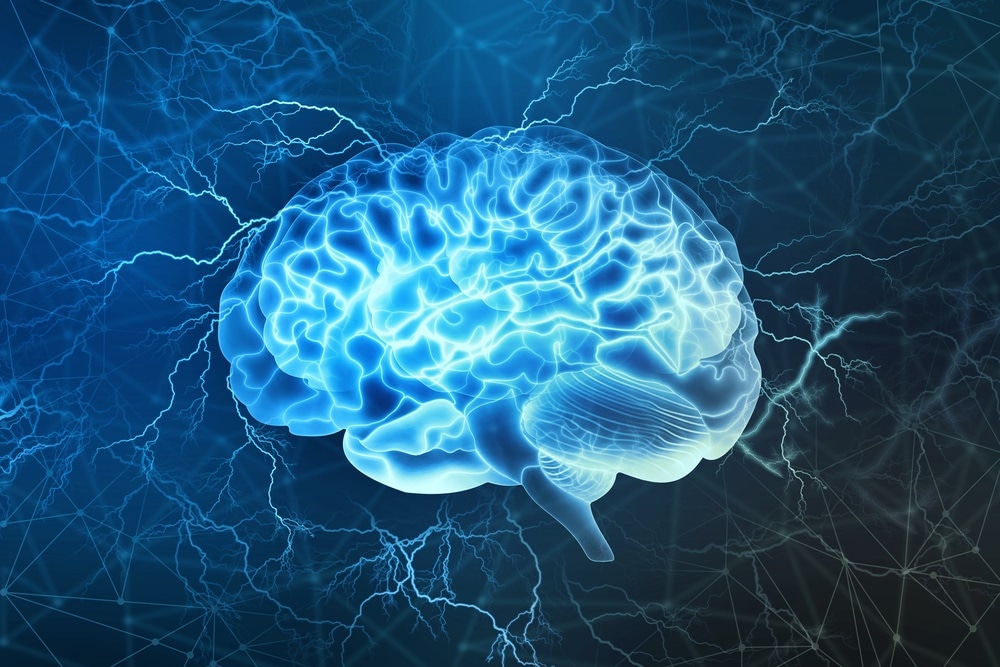A team of scientists has revealed evidence that human brains may be even more powerful than we anticipated. The findings of a new study have uncovered a unique form of cell messaging that has not been seen before, which may give human’s the ability to understand and solve incredibly complex problems.
 Image Credit: Yurchanka Siarhei / Shutterstock.com
Image Credit: Yurchanka Siarhei / Shutterstock.com
Single neurons alone are capable of processing complex computations
This year, a team of international researchers from institutes in Germany and Greece conducted a groundbreaking study, the results of which were published last week in the journal Science.
Slices of brain tissue removed during surgery on epileptic patients were investigated by the team, who found unexpected and unknown electrical activity occurring within the dendrites of human pyramidal neurons, cells that make up the outer cortex of the brain where more complex cognitive functions take place.
This activity was then investigated further, leading the team to conclude that single neurons were capable of making complex computations, making it possible for the brain to solve problems with a single neuron, rather than the larger networks that were assumed to be required. The findings have significant implications for how neuroscientists understand brain function and potential.
Previously unseen use of calcium ions generates huge energy potentials
The imaging technique of fluorescent microscopy was used to view the activity of the individual cells in the cortex of the tissue slices. This revealed that the cells were using calcium ions to “fire” and not just sodium ions, which are known to allow neurons to function.
Researchers observed how the calcium ions, in combination with sodium, generated unprecedented levels of energy. This effect is referred to as the calcium-mediated dendritic action potential.
Samples of tissue from patients with brain tumors were also looked at, confirming that this effect was not unique to those with epilepsy.
Searching for the key to the capacity of human brains
Although the last century has seen a huge amount of studies looking into how the brain working, and a vast number of theories created by psychologists and neuroscientists, the physiology underlying the essence of human thinking is still foggy.
While great advances in knowledge have been made, experts are still looking to understand exactly how the human brain is so different from that of other species, giving it the capability of making incredibly complex computations.
One major theory as to how humans manage such complicated computations suggests that the cortical layers that make up the outer region of the brain, particularly layers two and three, allow for these processes to occur due to their high proportion of brain matter in comparison to the brains of other species.
However, most of what we know about how dendrites work has come from studying rodent brains because of the difficulties of studying them in vivo.
The researchers in the current study investigated the active properties of layers two and three, finding that there were multiple distinct types of electrical activity occurring here that had previously been unreported. These activities were found to be unique to the pyramidal neurons in these layers, demonstrating far more complex physiology than had previously been assumed.
Lead researcher Matthew Larkum and his colleagues modeled the unique electrical activities that they found, and this was where they gained evidence to show that just a single neuron had the capacity to solve complex computational problems. Previously, it had been believed that for these computations to take place, entire multi-layer networks of neurons were required.
The findings of the research are exciting, as they suggest an updated model of the workings of the human brain, potentially advancing our knowledge of how complex thinking occurs. However, it should be taken with caution, as currently, it is unknown whether these activities also exist in other species. More research is required to determine the significance of these findings.
Journal reference:
Gidon, A. et al. (2020). Dendritic action potentials and computation in human layer 2/3 cortical neurons. Science. DOI: 10.1126/science.aax6239